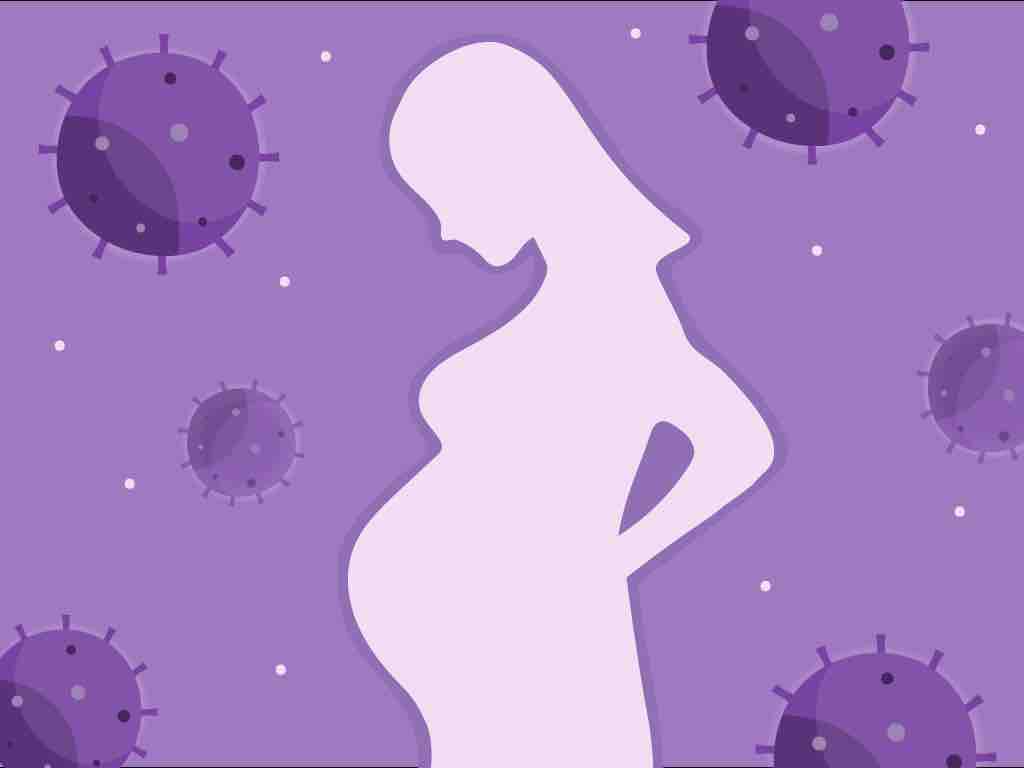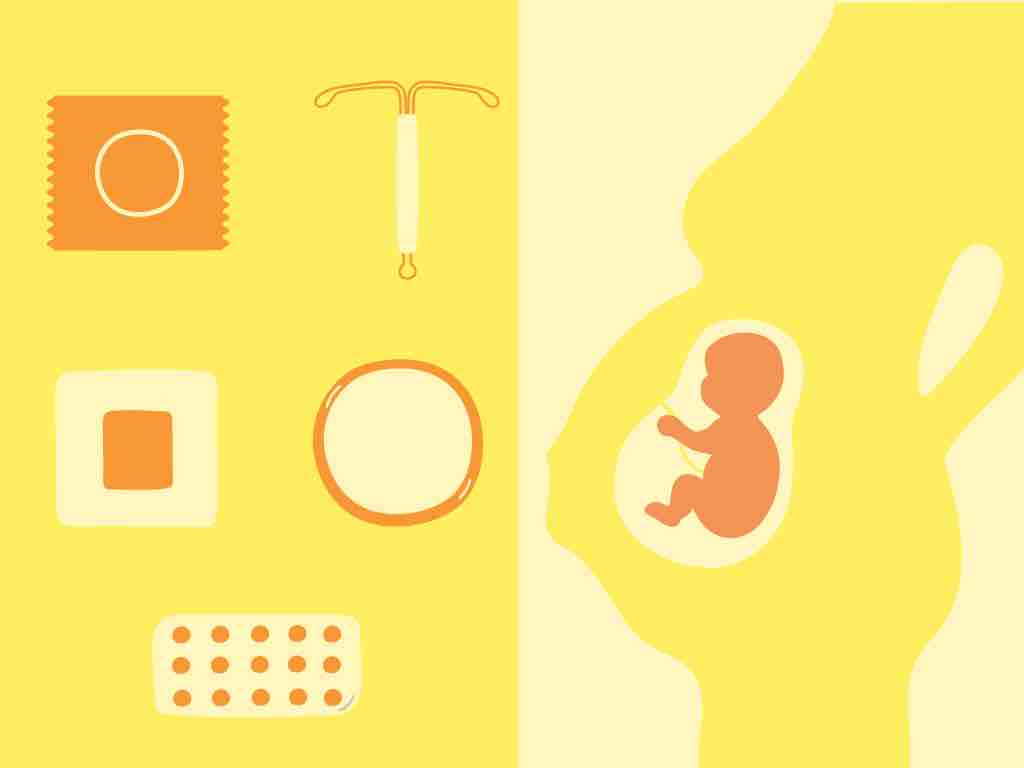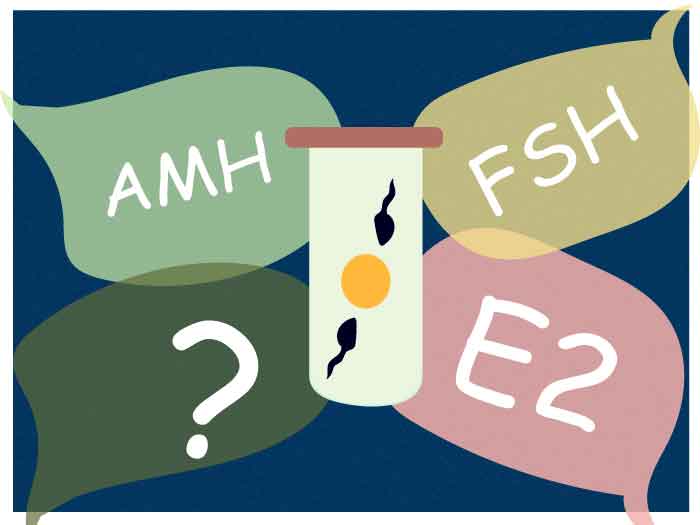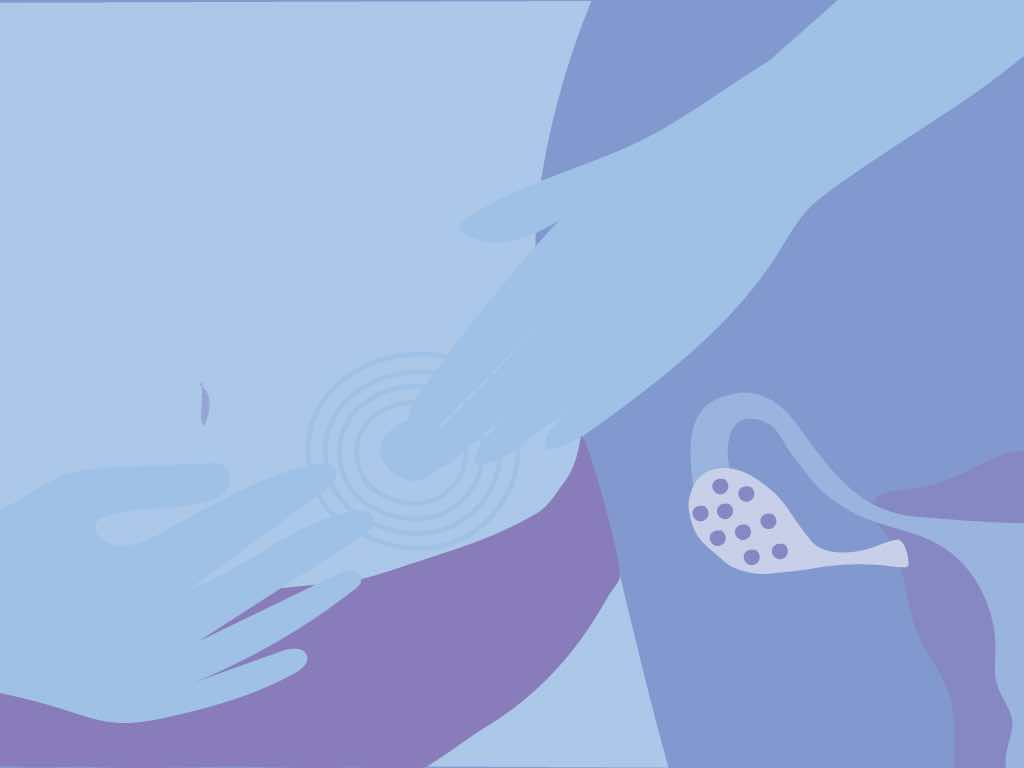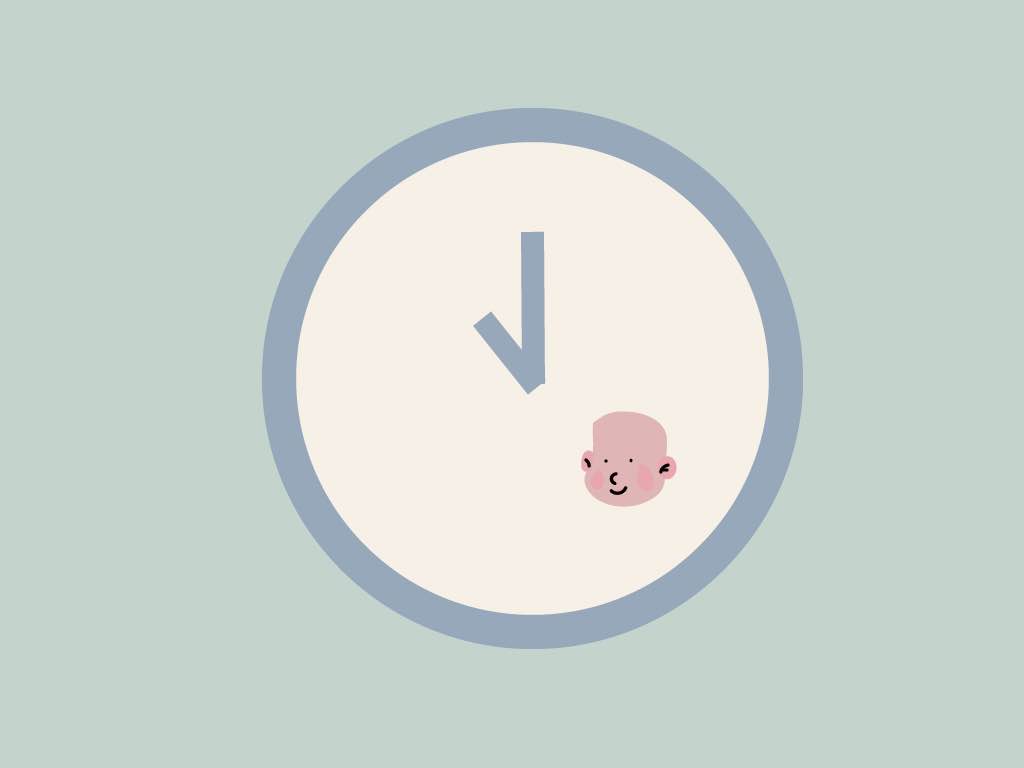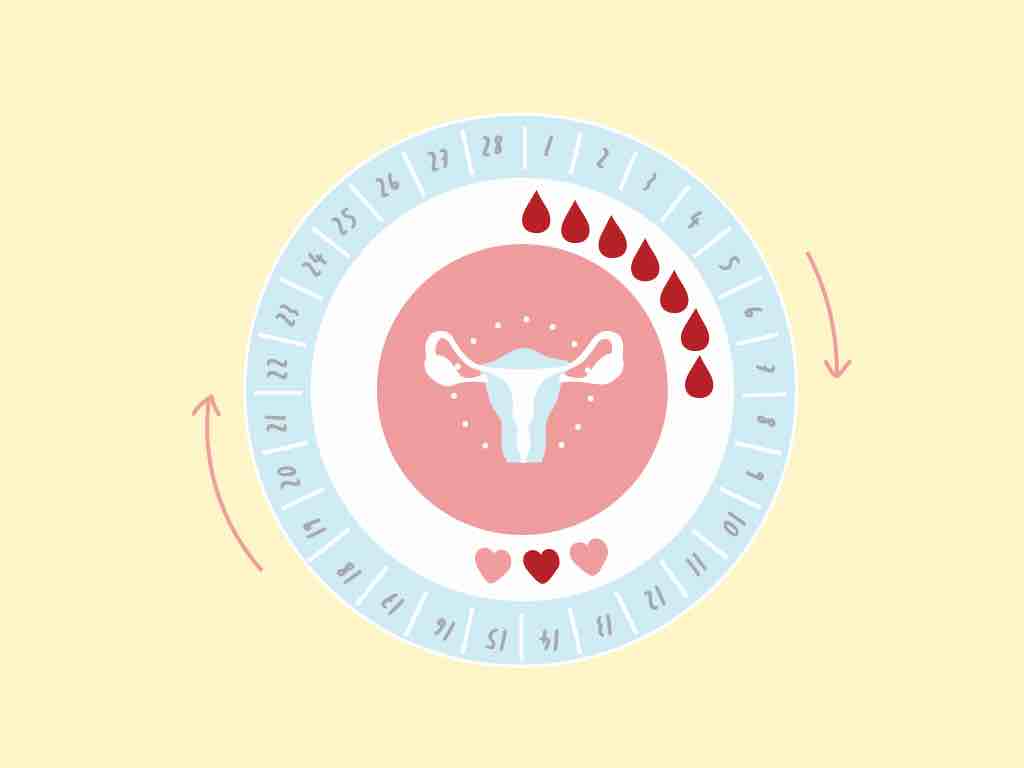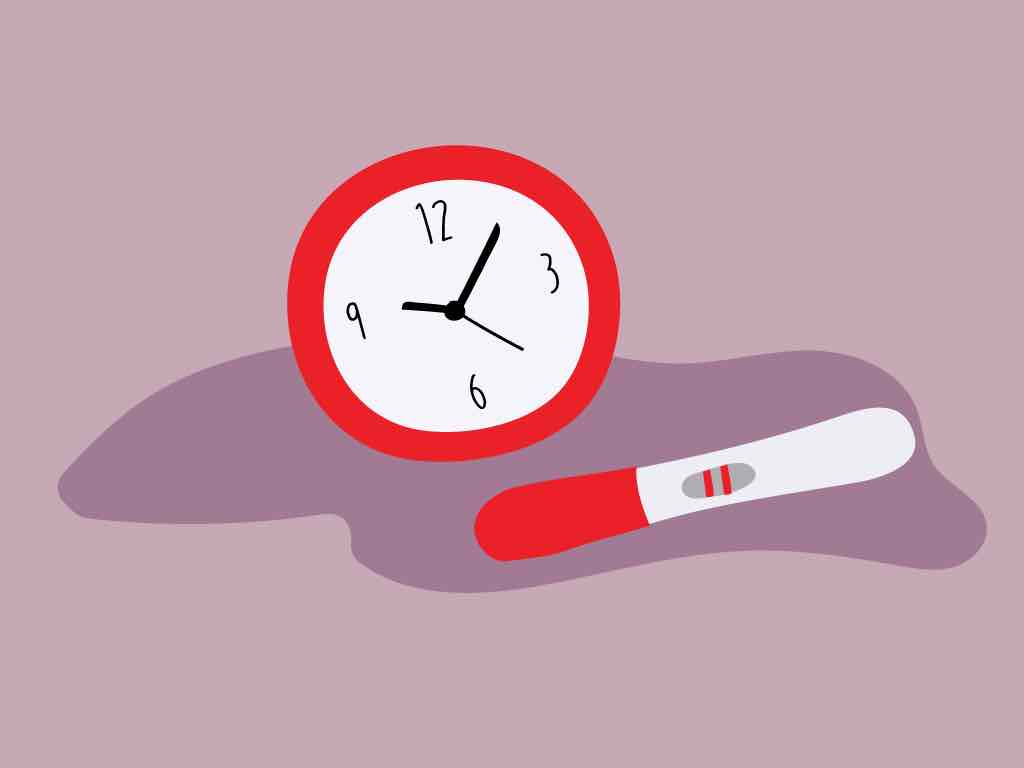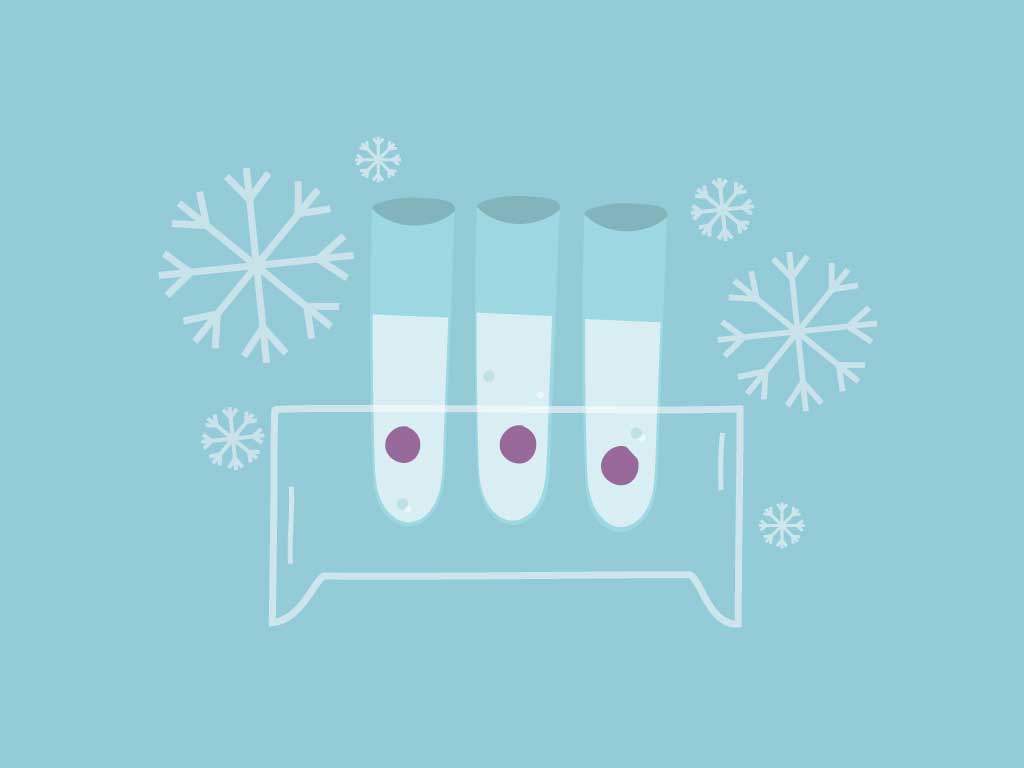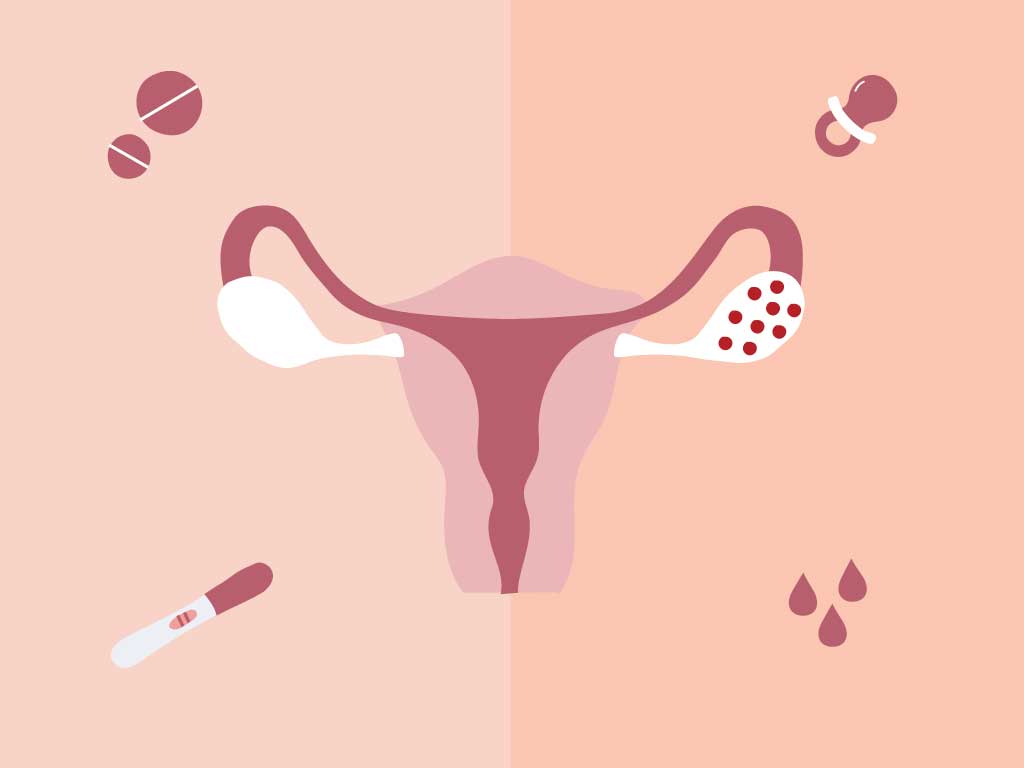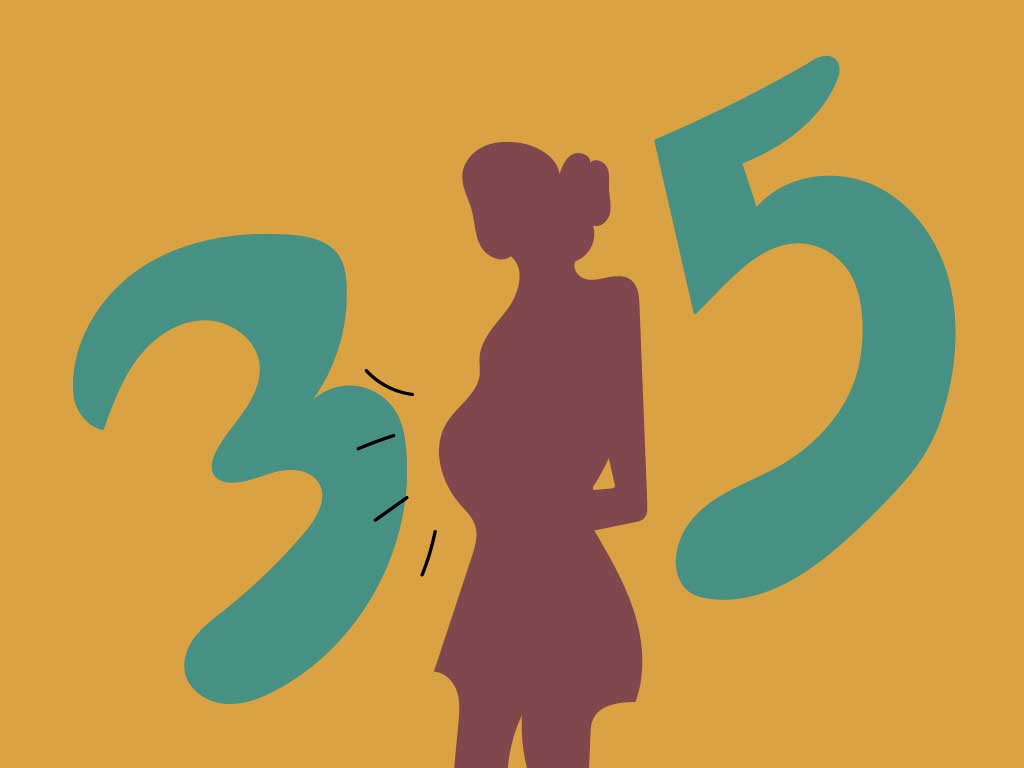What to Expect From a Fertility Profile Test?
March 6, 2020 | Bonné

Top Things to Know
- Infertility in women is deeply linked to hormonal imbalances
- Fertility profile testing involves determining levels of hormones FSH, LH, Estrogen and AMH
- Determining the levels of these hormones using fertility profile testing helps determine underlying fertility issues in a woman, if any
- High FSH levels indicate poor egg maturation
- High Estrogen/Estradiol levels indicate reduced FSH and problem with ovulation
- Very low AMH indicates low or poor ovarian reserves
Whether you are expecting your fertility profile tests’ results or you are just curious what actually is a fertility profile test you have heard of, these may be the first things you need to know:
Whether you are actively trying to conceive or want to leave the idea of having a child as a future matter, the way your body is being constantly monitored and regulated by different hormones does not change. Follicle Stimulating Hormone (FSH), Luteinizing Hormone (LH), Estrogen, Progesterone, Anti-Mullerian Hormone (AMH), thyroid hormones and a few other hormones help regulate the menstrual cycle and play a vital role in fertility.
Knowing about levels of these hormones in your body, no matter if you want to have a baby soon or later, gives a clear picture of your fertility and it can help you plan your pregnancy. Fertility profile tests will help you with this!
Some facts about infertility and hormones
Are you aware that about 30 million Indian men and women suffer from infertility problems, of which 40-50% are due to female body problems? [1] Causes of infertility in women can be due to multiple causes like PCOS, dysfunction of the hypothalamus leading to underproduction of FSH and LH, Primary Ovarian Insufficiency(POI), and hormonal imbalances. If you are constantly aware of your hormonal changes, these health conditions can be treated and prevented!
Why do you need a fertility profile test?
Fertility profile test helps check levels of hormones that are responsible for women’s reproductive system and overall health. It can give a better picture of your menstrual health and ovarian reserve which can further underline if there are any conditions that need attention and your ability to get pregnant at a certain period of time.
What can you expect from a fertility profile test?
In this test, you will have your blood taken on the 3rd day of your menstrual cycle to check for FSH, LH, Estradiol and a few more hormones’ levels.
Here are some brief result predictions:
- FSH levels are used to assess if women are suffering from any conditions, especially at their ovaries. Very high levels of FSH (>10IU/L) early in a cycle may indicate poor ovarian stimulation, meaning that there may be a problem in the maturation of an egg.
- High FSH levels can also suggest Primary Ovarian Insufficiency and reproductive ageing.[2] High LH levels signify the same prediction.
- Estradiol has a negative feedback loop with FSH. It means that an increase of estradiol means a decrease of FSH production. So, if your fertility test shows high estradiol levels, it means that your body isn’t producing enough FSH, thereby leading to a poor maturation of eggs in the ovary.
- Another hormone that is tested as part of the fertility profile testing is Anti-Mullerian Hormone (AMH). This hormone can be tested at any time during a woman’s menstrual cycle. If the level of AMH is found to be lower than 1ng/L, it indicates a low ovarian reserve.[3] While high AMH levels could suggest PCOS.
- Women with low ovarian egg reserves can speak to their ob-gyn about alternative options such as egg freezing.
Read more about hormones that determine ovarian reserve
If you wish to get a clearer picture of your fertility and chances of getting pregnant now or in the near future, try Yesmom’s fertility profile testing!
[1] Dr. Nilesh Shah, What are the Reasons for Infertility in India, BioSpectrum India, Available at https://www.biospectrumindia.com/news/81/12764/what-are-the-reasons-for-infertility-in-india.html, Published on 7th February 2019
[2] Abigail Delaney, MD, Jani R. Jensen, MD, and Dean Morbeck, PhD, Fertility Testing, AACC Publication, Available at: https://www.aacc.org/publications/cln/articles/2012/november/fertility-testing, Published on 1st November 2012
[3] Fertility Statistics by Age, Extend Fertility, Available at: https://extendfertility.com/your-fertility/fertility-statistics-by-age/
Follicle-Stimulating Hormone (FSH) Levels Test, Medline Plus, Available at: https://medlineplus.gov/lab-tests/follicle-stimulating-hormone-fsh-levels-test/


